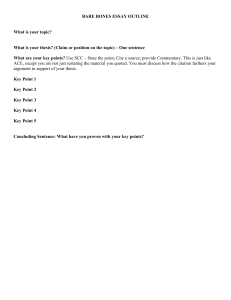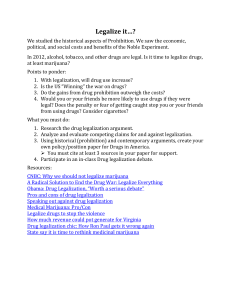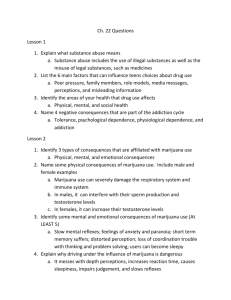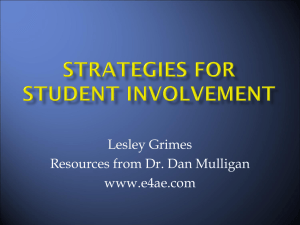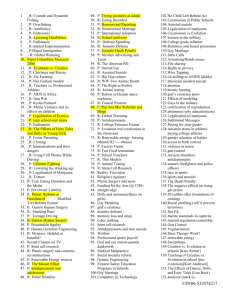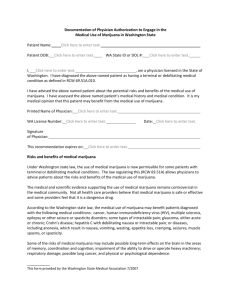Step 1: Brainstorm to get research topic ideas
advertisement
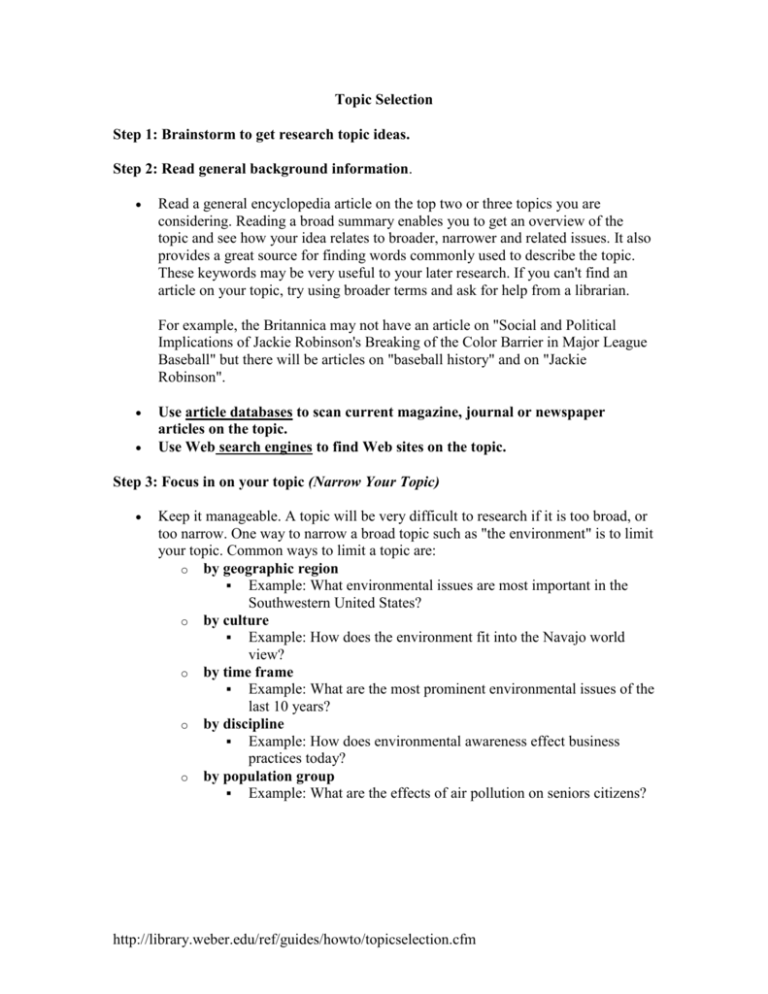
Topic Selection Step 1: Brainstorm to get research topic ideas. Step 2: Read general background information. Read a general encyclopedia article on the top two or three topics you are considering. Reading a broad summary enables you to get an overview of the topic and see how your idea relates to broader, narrower and related issues. It also provides a great source for finding words commonly used to describe the topic. These keywords may be very useful to your later research. If you can't find an article on your topic, try using broader terms and ask for help from a librarian. For example, the Britannica may not have an article on "Social and Political Implications of Jackie Robinson's Breaking of the Color Barrier in Major League Baseball" but there will be articles on "baseball history" and on "Jackie Robinson". Use article databases to scan current magazine, journal or newspaper articles on the topic. Use Web search engines to find Web sites on the topic. Step 3: Focus in on your topic (Narrow Your Topic) Keep it manageable. A topic will be very difficult to research if it is too broad, or too narrow. One way to narrow a broad topic such as "the environment" is to limit your topic. Common ways to limit a topic are: o by geographic region Example: What environmental issues are most important in the Southwestern United States? o by culture Example: How does the environment fit into the Navajo world view? o by time frame Example: What are the most prominent environmental issues of the last 10 years? o by discipline Example: How does environmental awareness effect business practices today? o by population group Example: What are the effects of air pollution on seniors citizens? http://library.weber.edu/ref/guides/howto/topicselection.cfm Step 4: Make a list of useful keywords o o o o Look for words that best describe your topic. These words will be found in the encyclopedia articles and other reading you do while selecting your topic. Find synonyms, broader and narrower terms for each keyword you find in order to expand your search capabilities Keep a list of these words to use as keywords later as you search in catalogs and other online databases o Step 5: Define your topic as a focused research question You will often begin with a word, develop a more focused interest in an aspect of something relating to that word, and then begin to have questions about the topic. For example: o o o Ideas = Frank Lloyd Wright or modern architecture Research Question = How has Frank Lloyd Wright influenced modern architecture? Focused Research Question = What design principles used by Frank Lloyd Wright are common in contemporary homes? Step 6: Research and read more about your topic Use the key words you have gathered to research in the catalog, article databases and Internet search engines. Find more information to help answer your research question. You will need to do some research and reading before you select your final topic. Can you find enough information to answer your research question? Remember, selecting a topic is an important and complex part of the research process. Step 8: Formulate a thesis statement Write your topic as a thesis statement. The development of a thesis assumes there is sufficient evidence to support the thesis statement. o For example, a thesis statement could be: Frank Lloyd Wright's design principles, including his use of ornamental detail and his sense of space and texture opened a new era of American architecture. His work has influenced contemporary residential design. http://library.weber.edu/ref/guides/howto/topicselection.cfm Final Result Topic legalization of marijuana Research Question What would be the effects of the legalization of marijuana on the terminally ill? legalization of marijuana What would be the effects of the legalization of marijuana on the economic system of our country? Thesis Statement Marijuana has many practical medical uses, and legalizing marijuana would positively affect terminally ill patients. The legalization of marijuana would have positive effects on our economy. Your Assignment…(Homework and Quiz Grade) Submit the following information by August 18, 2014. Capstone Topic Research Question Thesis Statement Search Words Type the information in the format of a chart. What’s Next? 1. Wait on approval. 2. Begin gathering sources and taking notes. http://library.weber.edu/ref/guides/howto/topicselection.cfm Search Words marijuana, cannabis, legalization, legalize, legal, therapeutic, medical marijuana, cannabis, legalization, legalize, legal, taxes, drug prevention, war on drugs
